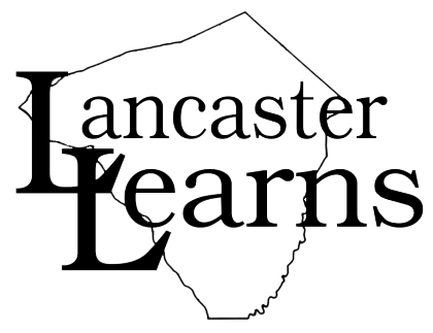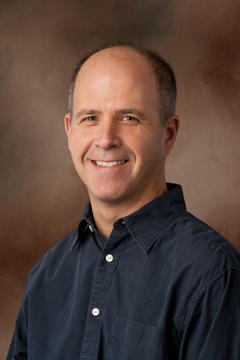Use #LancLearns on social media to post about the event!
Program Schedule
Registration & Continental Breakfast: 8:00 – 9:00 AM
Keynote Speaker: 9:00 – 10:15 AM
Breakout Session #1: 10:45 – 11:30 AM
Breakout Session #2: 11:45 AM - 12:30 PM
Lunch: 12:30 – 1:45 PM (optional Birds of a Feather Session)
Breakout Session #3: 1:45 – 2:30 PM
Breakout Session #4: 2:45 – 3:30 PM
Snacks will be provided between breakout sessions.
Keynote Speaker: 9:00 – 10:15 AM
Breakout Session #1: 10:45 – 11:30 AM
Breakout Session #2: 11:45 AM - 12:30 PM
Lunch: 12:30 – 1:45 PM (optional Birds of a Feather Session)
Breakout Session #3: 1:45 – 2:30 PM
Breakout Session #4: 2:45 – 3:30 PM
Snacks will be provided between breakout sessions.
Keynote Speaker - 9:00 AM to 10:15 AM, Room TBD
|
Small Teaching: From Minor Changes to Major Learning
James M. Lang, Ph.D. James M. Lang is a Professor of English and the Director of the Center for Teaching Excellence at Assumption College in Worcester, MA. He is the author of five books, the most recent of which are Small Teaching: Everyday Lessons from the Science of Learning (Jossey-Bass, 2016) Cheating Lessons: Learning from Academic Dishonesty (Harvard University Press, 2013), and On Course: A Week-by-Week Guide to Your First Semester of College Teaching (Harvard UP, 2008). Lang writes a monthly column on teaching and learning for The Chronicle of Higher Education; his work has been appearing in the Chronicle since 1999. His book reviews and public scholarship on higher education have appeared in a wide variety of newspapers and magazines, including the Boston Globe, Chicago Tribune, and Time. He has conducted workshops on teaching for faculty at more than fifty colleges or universities in the US and abroad. Session Description: Research from the learning sciences and from a variety of educational settings suggests that a small number of key principles can improve learning in almost any type of college or university course, from traditional lectures to flipped classrooms. This presentation will introduce some of those principles, offer practical suggestions for how they might foster positive change in higher education teaching and learning, and guide faculty participants to consider how these principles might manifest themselves in their current and upcoming courses. |

